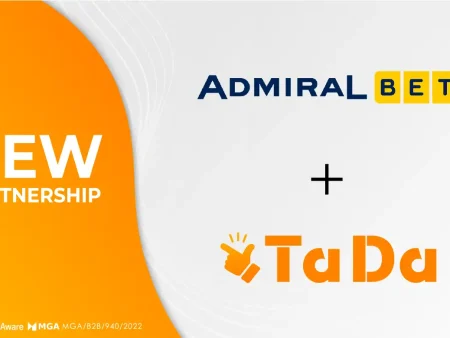On January 10, Indian gaming operators saw share prices surge. This is after the Supreme Court stayed retrospective GST or Goods and Services Tax proceedings against 49 companies.

The Supreme Court chose to stay tax evasion show cause notices issued by GST authorities in India. The notices amounted to Rs 1.12 lakh crore or €13 billion.
Some argue that the government’s push to apply the 28% turnover tax retrospectively from 2018 risks the closure of many companies. Last week, operators sought tax relief from the court.
India’s E-Gaming Federation‘s Chief Executive, Anuraag Saxena said that this is a win-win for gaming operators and the government. They’re optimistic about a fair and progressive resolution that will unlock the sector’s full potential — boosting investments, employment, and valuations.
Yet, the court simultaneously ruled the GST notices will not expire as originally scheduled in February. This means the operators are not yet clear from the tax demands of the government.
The Supreme Court will hear the matter again for the final time on March 18.
In July 2023, the Indian government confirmed that the tax would be imposed on the full turnover value of bets starting the next month. It also hiked the GST for gaming businesses to 28% from 18%.
GST authorities sent show cause notices to various online gaming businesses for tax evasion in October the same year.
The companies have stated that the tax rate should apply retrospectively for a five-year period from 2018. This raises the prospect of an enormous bill for the tax authorities.
Resulting in the current case pending in the Supreme Court, many gaming businesses challenged the demands of the government in High Courts across India.
The case examines whether the tax should be charged on the bets themselves and whether it can be applied retrospectively.
Saumya Rathore, co-founder of Winzo and one of the petitioners, told the Times of India that while the GST resolution may take time, they remain optimistic. She stated that a fair resolution would provide much-needed clarity and accelerate innovation, job creation, and investor confidence.


